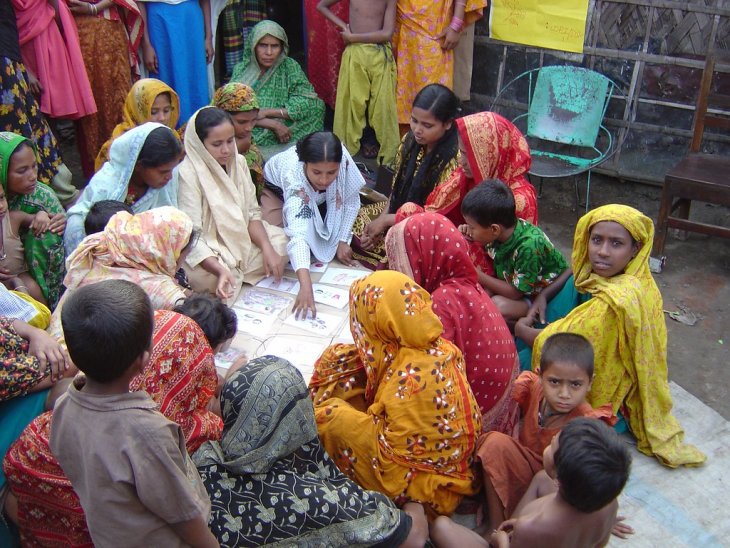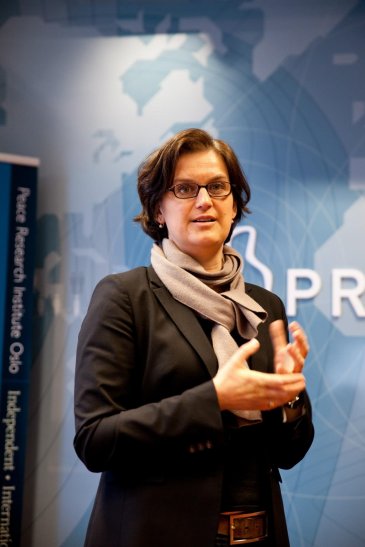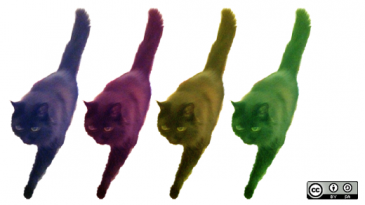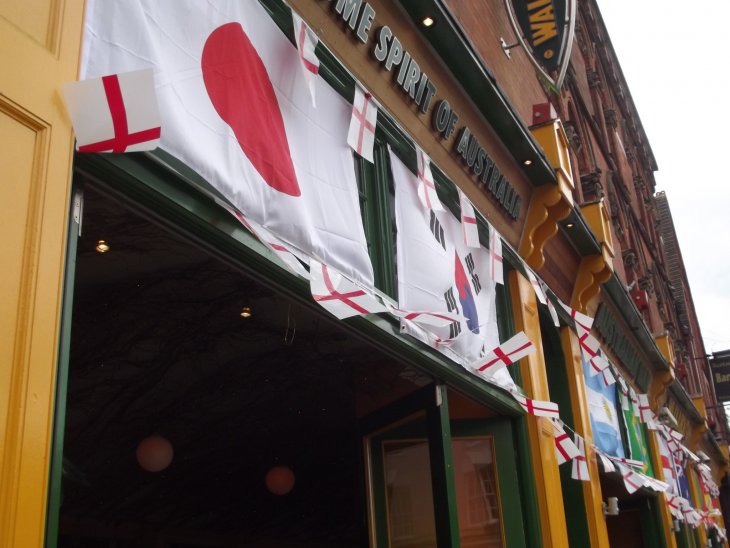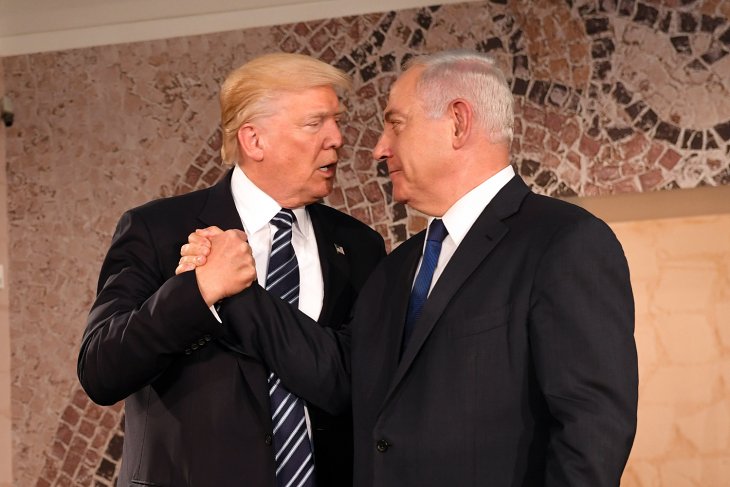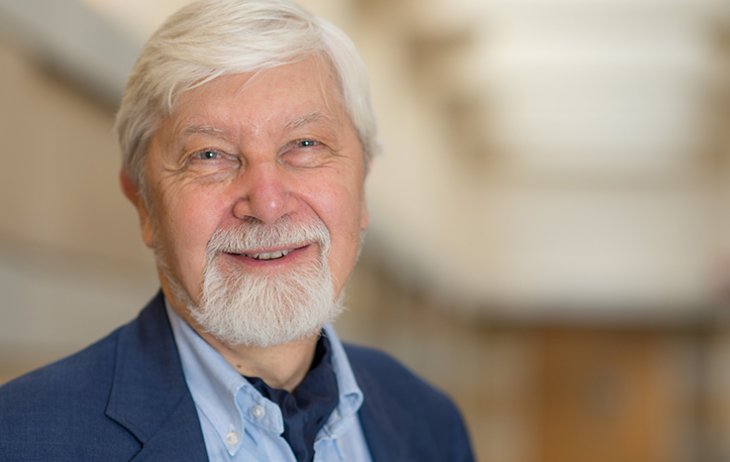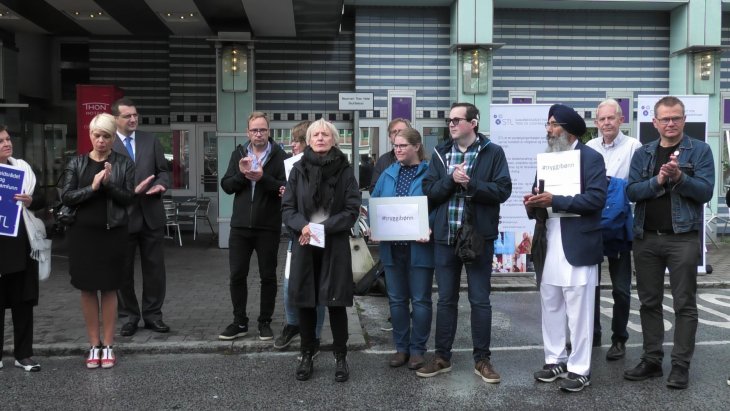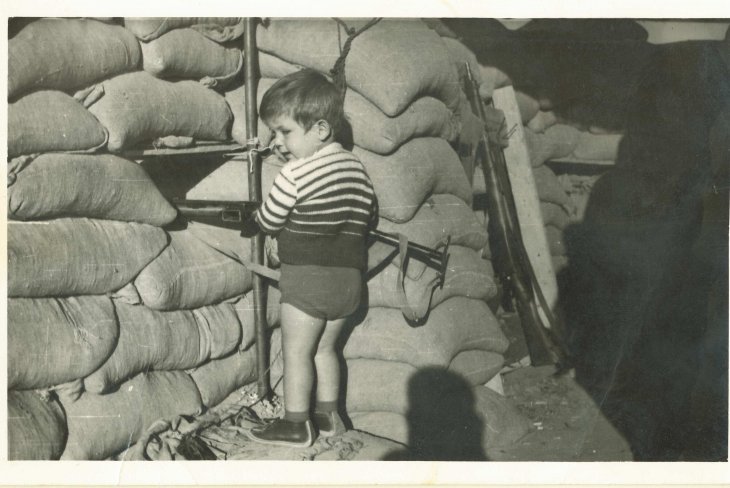
At the age of two, Mete Hatay plays in the barricades that surrounded the neighborhood in Cyprus where he grew up. Photo: Private archives
Mete Hatay, interviewed by Cindy Horst
Seeing victim become perpetrator, perpetrator become victim – seeing them change places depending on the situation – triggered a lot of questions in my mind…
Whatever you imagine for the future, you always construct it from the past. And you cannot say, ‘let’s put the past behind us and start now’, because the property title still comes from the past. You cannot say: ‘All right, I’m keeping the property, let’s put the past behind us’, you cannot do that. Rhetorically, of course, you have to start a new life, but in reality, you always have the past haunting you – physically as well as emotionally, both through legal means, and in how history is written.
In order to tackle these problems of the different pasts, and different visions, and different truths, we have aimed to prepare a third space for multiple perspectives. So that everybody can bring their perspectives and have a debate about it. So that we can strive to a certain compromised truth somehow. To help develop new strategies.

